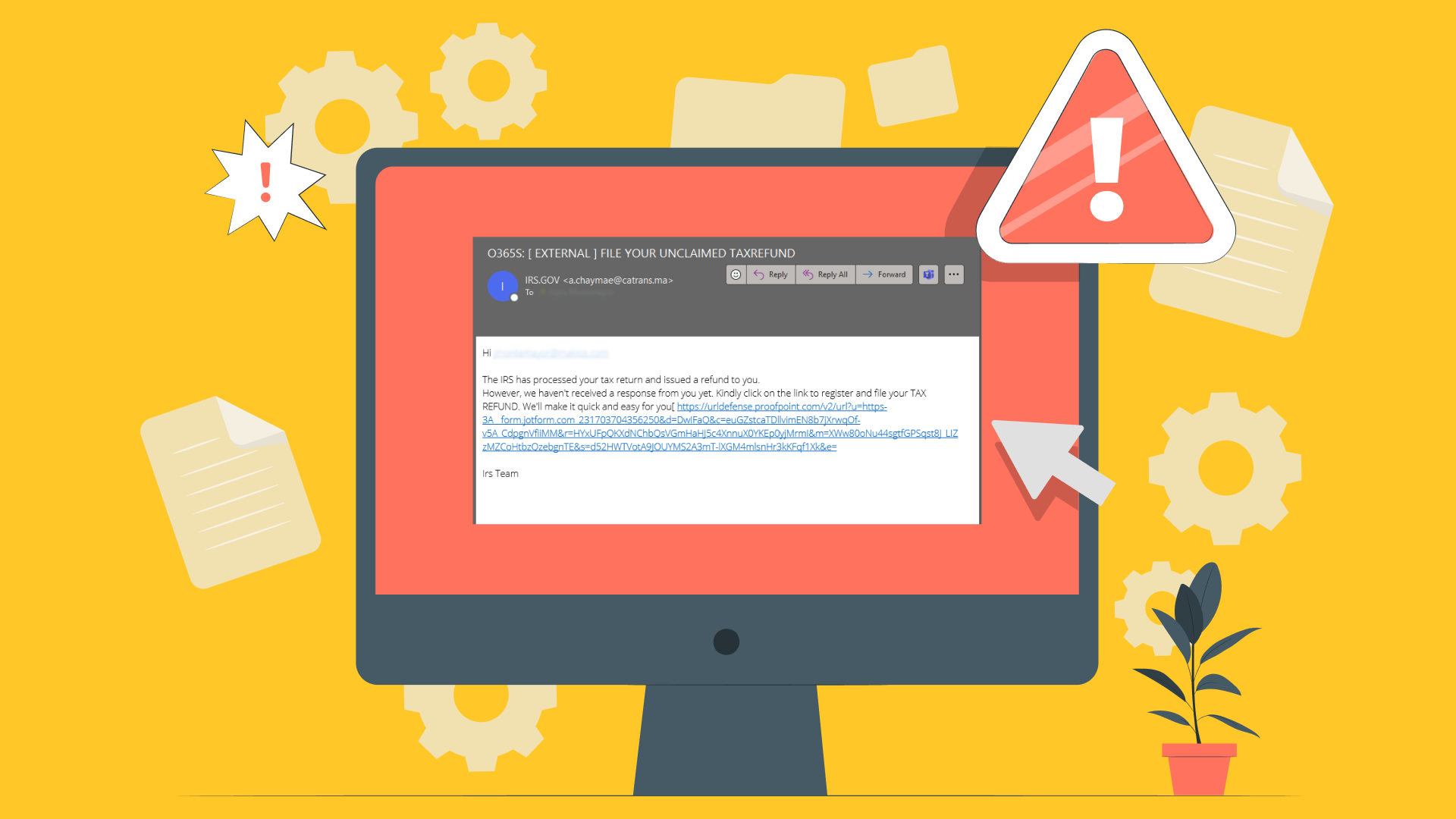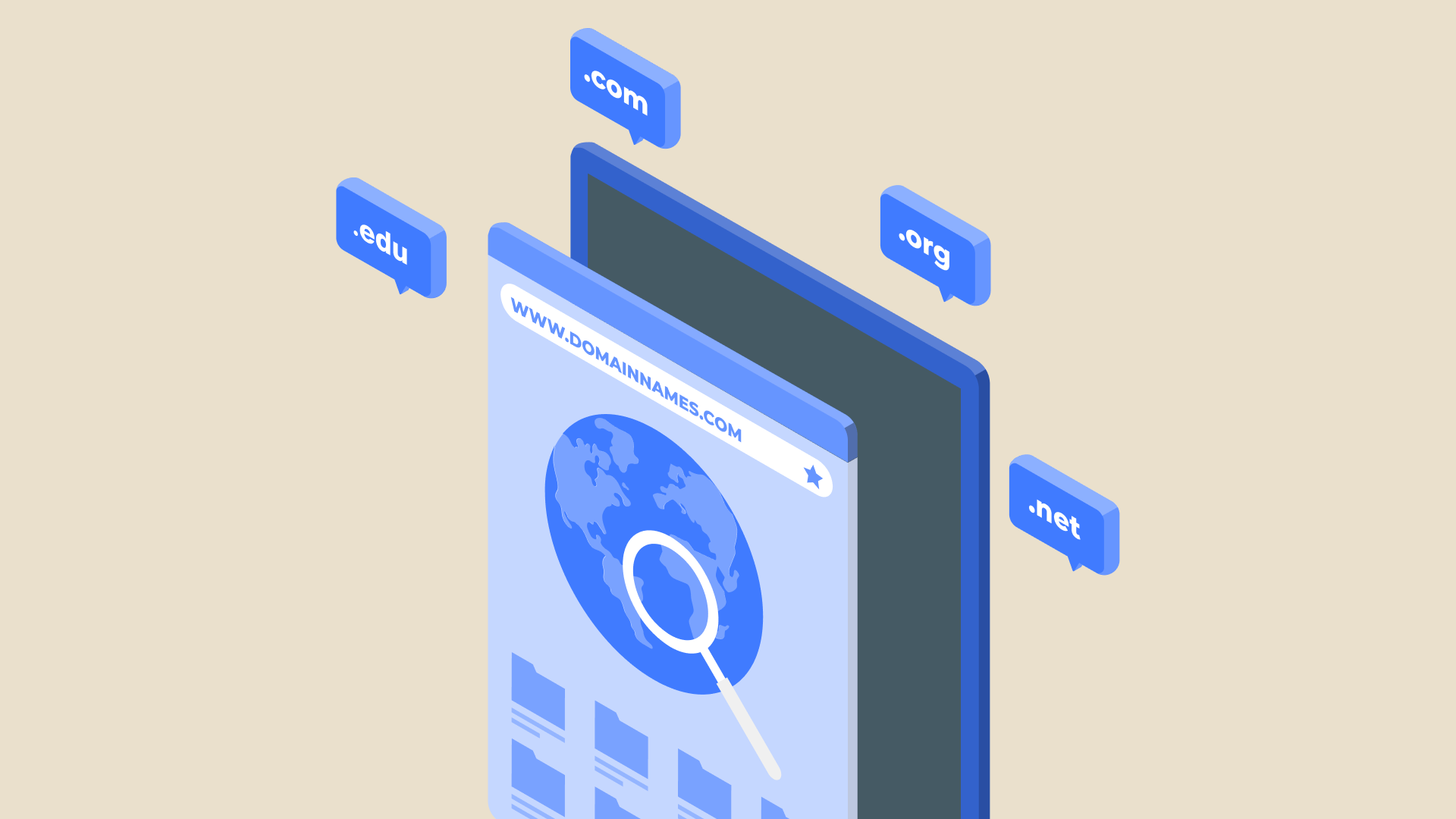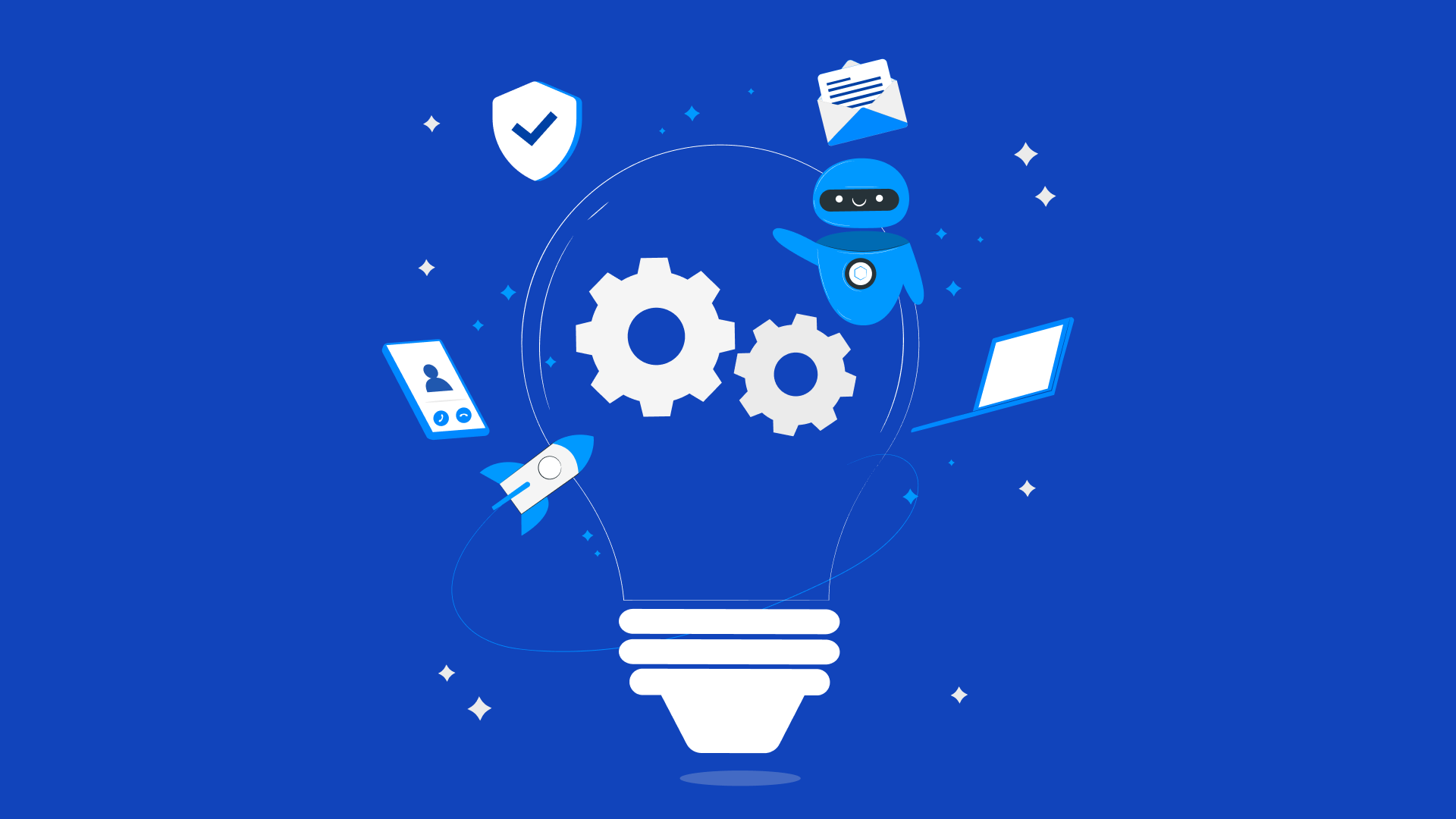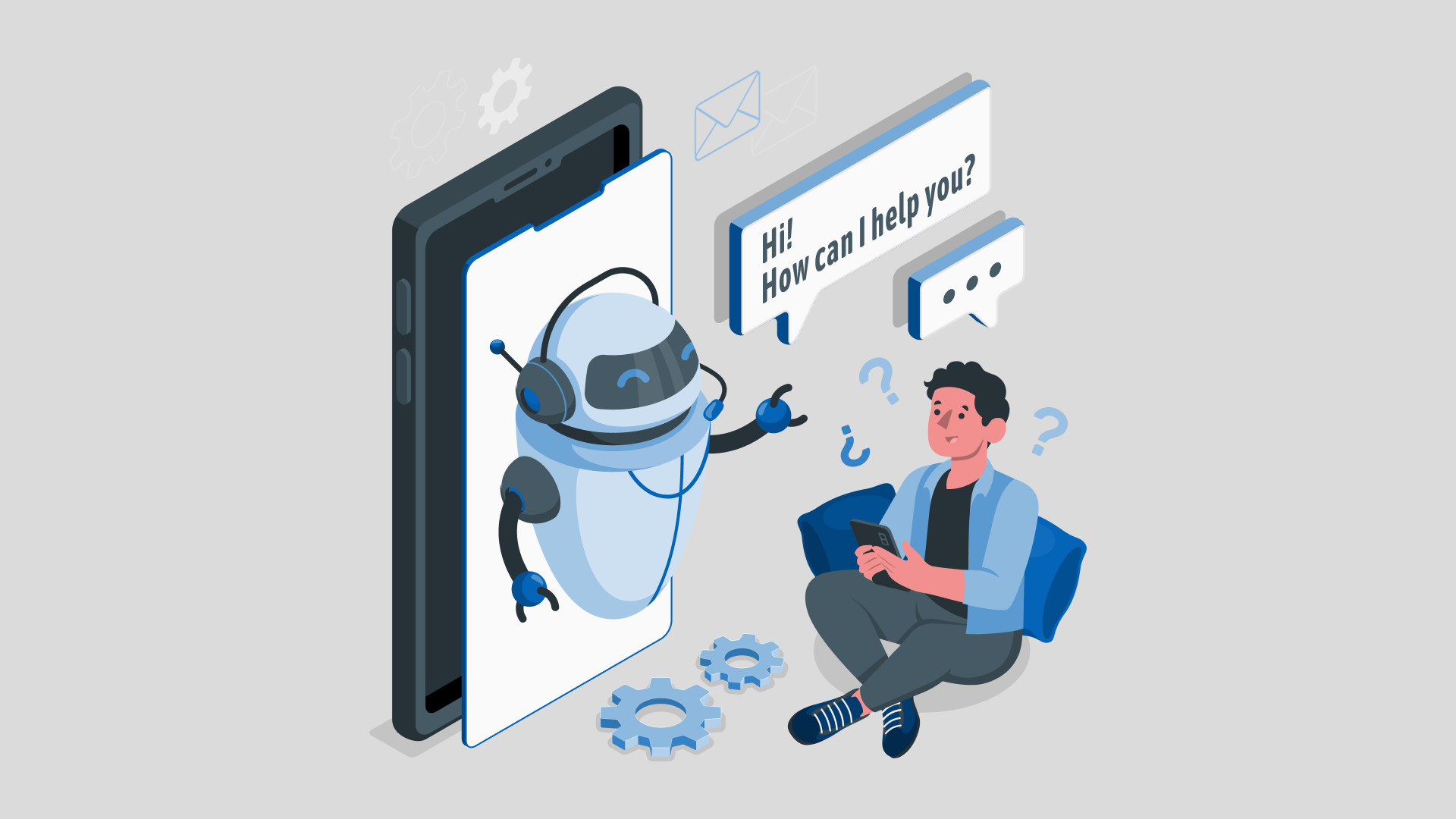Portals El Paso, TX (915) 217-2500 | Grapevine, TX (817) 752-9400
Should We Worry About AI?
Should We Worry About AI?
From self-driving cars to voice-activated virtual assistants, Artificial Intelligence (AI) is reshaping our world. It's not some distant, sci-fi concept—it's here, and it's impacting our lives in ways we may not even realize.
While AI brings promising benefits, it also stirs up worries. With this transformative technology, it's only natural to wonder: should we worry about AI?
Like most things, there's more to this question than a simple yes or no. The key lies not in fear, but in understanding. The more we comprehend AI's nature, its potential, its limitations, and its risks, the better we can navigate its implications in our world.
So let's dive into the intriguing world of AI. It's a topic well worth exploring in our rapidly evolving digital age.
Understanding Artificial Intelligence
Let's start with the basics. AI is a branch of computer science.
Its goal? To create machines that mimic human intelligence.
Think about it like this: when a human solves a puzzle, we don't just follow set rules. We apply logic, make connections, and learn from past attempts. That's what AI aims to replicate.
Not all AI platforms are created equal, though. Some, like your email's spam filter, are quite basic. They're trained to perform a single task and can't go beyond it.
Then, we have advanced AI. These include self-learning algorithms and even neural networks. They're designed to learn from data without explicit programming. Impressive, right?
But it’s important to keep in mind, these systems are still a far cry from human intelligence. Even the most advanced AI can't fully understand or replicate human emotions, creativity, or intuition.
So while AI is remarkable, it's important to remember its limitations. We're still in the early stages of AI development. This journey of discovery has many twists and turns ahead.
The Upside of AI
The benefits of AI is an ever-growing list as the technology continues to advance. We’re seeing many new use cases come up for this exciting space every day.
1. Efficiency and Productivity
According to Forbes, more than 60% of business owners believe AI will increase productivity and even streamline job processes. AI can perform tasks with a level of efficiency that surpasses human capability.
It can work without breaks, doesn't get tired, and can handle repetitive tasks without mistakes. This can increase productivity and free up time for more complex human-led tasks.
2. Data Analysis
AI's ability to process and analyze vast amounts of data is another great advantage. It can identify patterns and make predictions far more quickly than a human can. This is invaluable in fields like healthcare, finance, and weather forecasting.
3. Accessibility and Personalization
AI has the potential to make products and services more accessible. Voice-activated virtual assistants, for example, provide a hands-free interface for people with disabilities. AI also enables personalized experiences. Think of music streaming services that curate playlists based on your listening habits.
4. Safety and Security
AI can enhance safety and security in numerous ways. In the cybersecurity world, AI can identify threats and respond in real-time. According to a research Seed Scientific, AI technology has the ability to enhance the detection of cyber threats by 73%.
In physical security, AI-enabled surveillance can monitor for unusual activities and respond accordingly.
5. Research and Development
AI has the potential to speed up research and development across various fields. It can simulate experiments, predict outcomes, and even suggest novel solutions. AI is revolutionizing everything from drug discovery to climate change research.
The Downside of AI
Each of these advantages above paints a promising picture for AI. But it's not all rosy. For every upside, there's a potential downside.
1. Job Displacement
Arguably the most common worry about AI is job displacement. In their Future of Jobs Report, the World Economic Forum predicted that 85 million jobs will be lost to AI by 2025. To put things into perspective, that’s nearly half the entire job market.
Automation may lead to job loss in sectors where tasks are repetitive or routine. While AI could create new jobs, the transition period could be challenging.
2. Privacy Concerns
With AI's capacity to analyze large data sets, privacy is a valid concern. AI systems can track and analyze personal behavior, leading to potential misuse of information. Strict regulations are required to safeguard privacy.
3. Dependence on Technology
A study by
Oberlo found that 62% of consumers are already willing to use AI to make their lives easier. Increased reliance on AI can lead to over-dependence. If an AI system fails or makes an error, the consequences could be serious, especially in areas like healthcare or transportation.
4. Lack of Transparency
AI systems often function as a "black box", making decisions without explaining why. This lack of transparency can lead to trust issues, especially when AI makes critical decisions that affect human lives.
5. Ethical Dilemmas
AI also brings ethical issues to light. One basic example, should an autonomous vehicle prioritize the safety of its passengers or pedestrians during a potential collision? These are complex questions without easy answers.
Other ethical dilemmas range from AI’s effect on humanity and security all the way to being used as a platform for political agendas, social issues, and beyond. All of these factors will be owned and managed solely by the individuals who control the coding and creation of these AI programs.
These downsides highlight the need for careful regulation and ethical considerations as AI continues to evolve.
Should We Worry About AI?
The question of whether we should worry about AI is complex. It's not a simple 'yes' or 'no'. We need to consider various perspectives.
First, the concern about job displacement is valid. But these displacements will be replaced by many new opportunities. In the Future of Jobs Report mentioned above, we talked about the potential for AI to replace 85 million jobs.
However, the same report also says 97 million new jobs will be created over the same period. That is a net increase of 12 million.
Ultimately, the nature of jobs will change. Thus requiring people to adapt and learn new skills. AI could render some jobs obsolete, but it will also create new ones.
Second, regarding privacy, regulatory frameworks are being developed. The European Union's General Data Protection Regulation (GDPR) is a prime example.
It provides individuals control over their data and imposes strict penalties for breaches. So, while AI raises privacy issues, solutions are gradually emerging.
When it comes to over-dependence, it's a human issue rather than an AI one. We as individuals and as communities must develop a balanced approach, leveraging AI's benefits without becoming overly reliant on it.
The "black box" problem of trust is being addressed by researchers worldwide. Explainable AI is a growing field, focusing on making AI's decision-making process transparent. That way, everyday people can better understand this technology, its capabilities, and how to use it safely.
This issue of ethical dilemmas is complex and challenging. Open dialogues among experts, policy-makers, and the public are necessary to navigate these issues. We as a society need to address our concerns so that all potential risks are reviewed and overcome.
While there are reasons to worry about AI, they are not insurmountable. Our main focus should be on managing these challenges, rather than fearing AI itself.
Navigating AI's Opportunities & Challenges
It's essential to remember that AI is a tool. Like any tool, its effects depend on how we use it. We shouldn't dismiss AI due to its potential downsides, nor should we embrace it blindly, ignoring the challenges it presents.
A balanced approach is necessary - one that capitalizes on AI's benefits while responsibly addressing its issues.
In this rapidly evolving landscape, our focus should be on continual learning and adaptation. By doing so, we can shape an AI-driven world that benefits all. As we navigate the complexities of AI, let's keep the conversation going. Stay updated with
our blog for more insightful content on AI and related topics.
References: Forbes, Seed Scientific, World Economic Forum, OBERLO, VIC.AI
You may also like
Have more questions or need further assistance? Let us know how we can help you with the unique needs of your business. Get in touch online or call us today at (915) 217-2500!
Cybersecurity for Businesses
Services
Management
Consulting
Cyber Security
Email Services
Cloud Internet
VoIP & Internet
Microsoft 365
Hardware & Software
Finance & Leasing
Websites & SEO
Industries
Healthcare
Engineering
Transportation
Construction
Insurance
Legal
Financial
Real Estate
Logistics
Manufacturing
About
Newsletters
Stewardship
Partners
News
Certifications
People
Employment
History
Clients
Company
Copyright © 2006-2023 All Rights Reserved. MAKIOS® is a registered trademark of Makios Group LLC, a Texas Company.



















